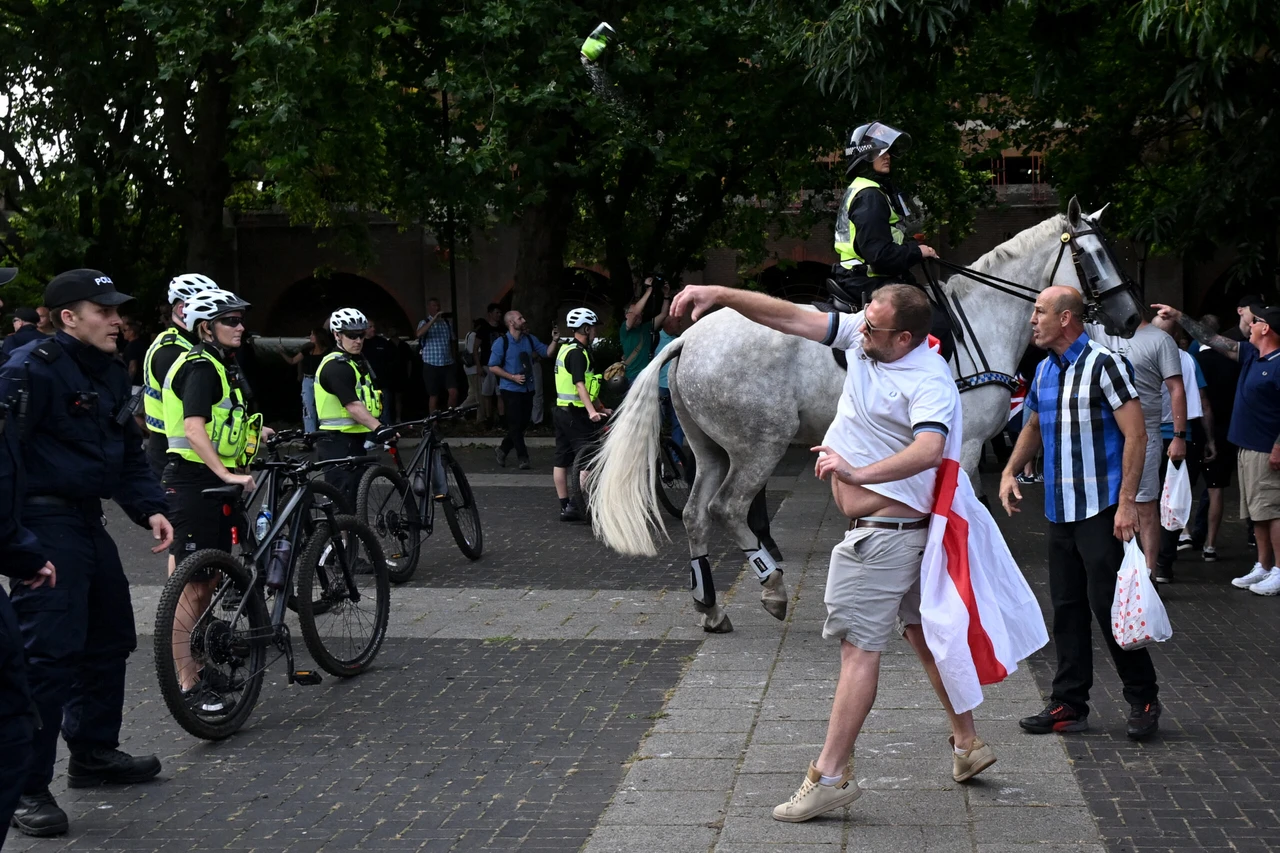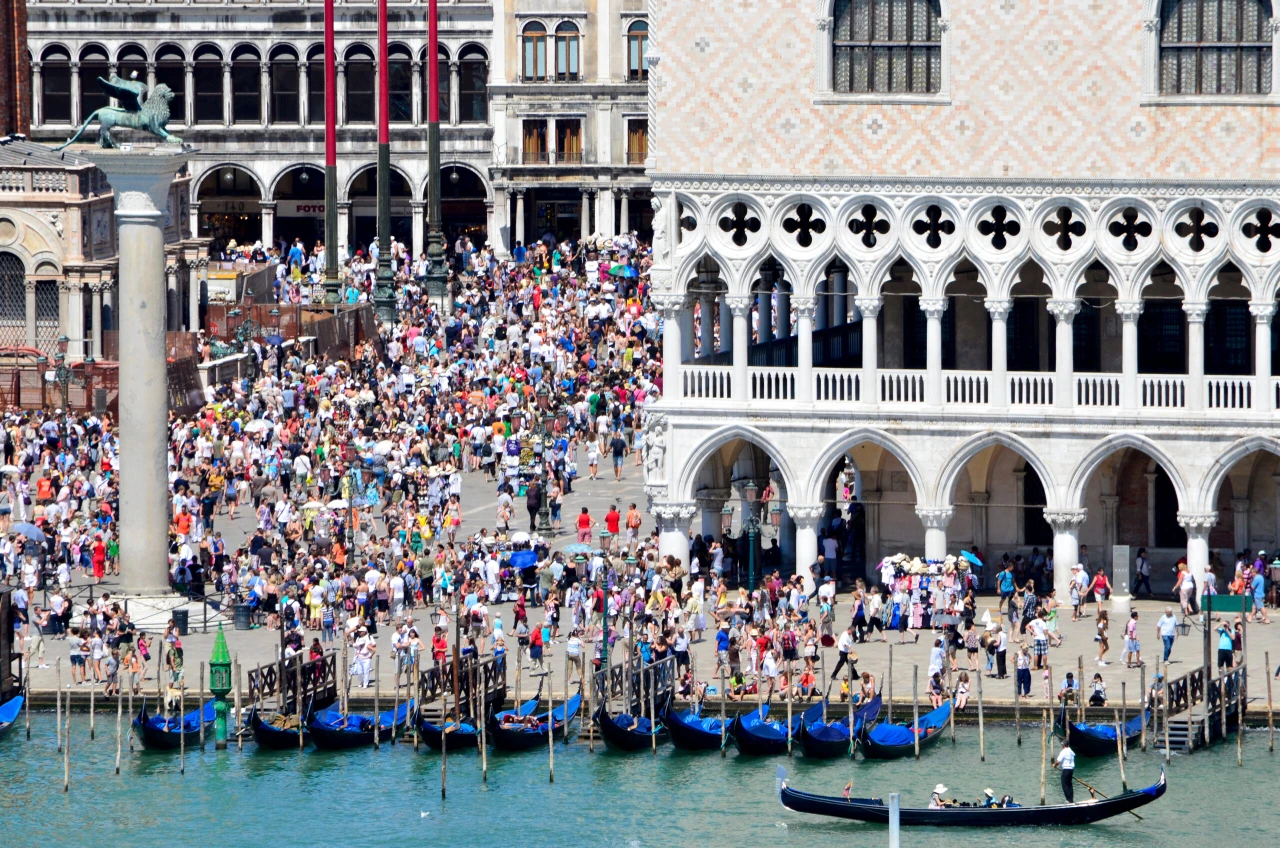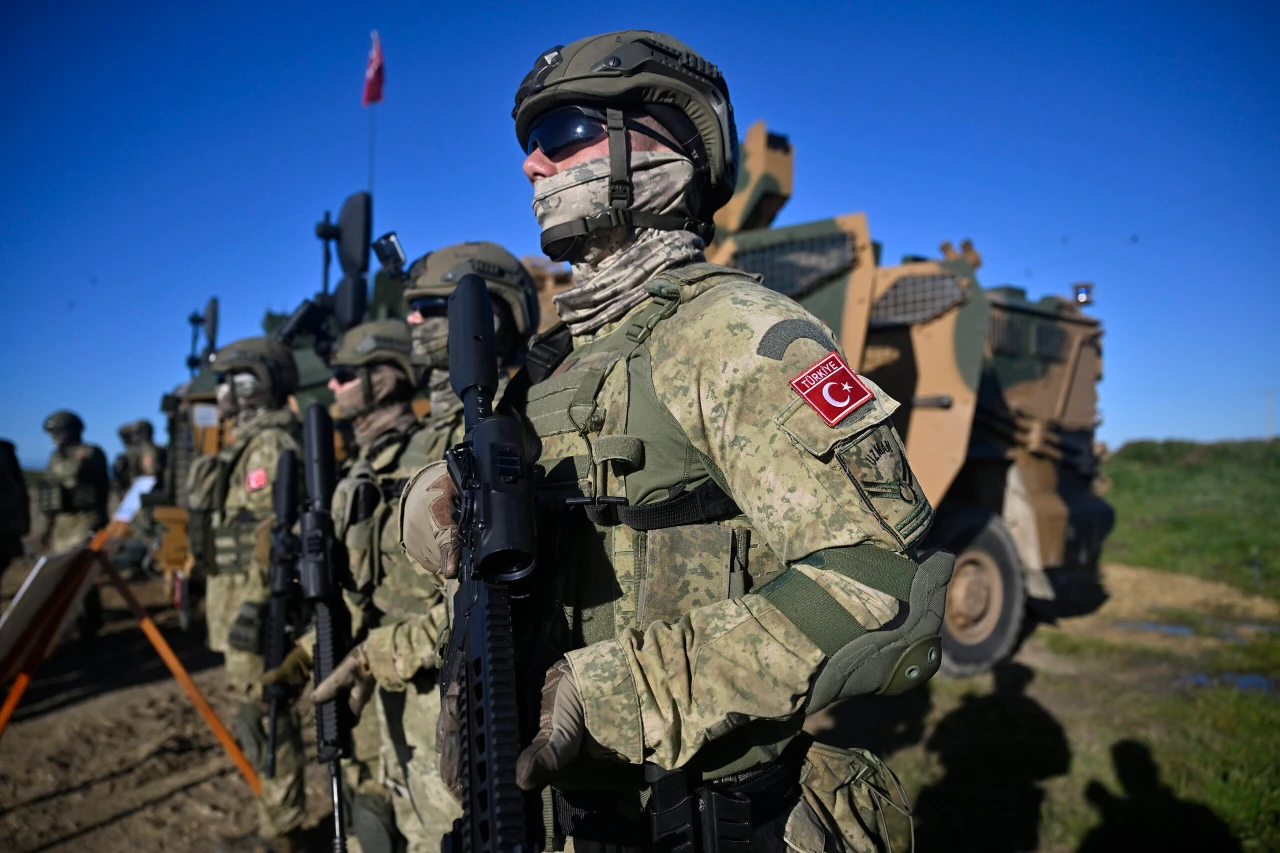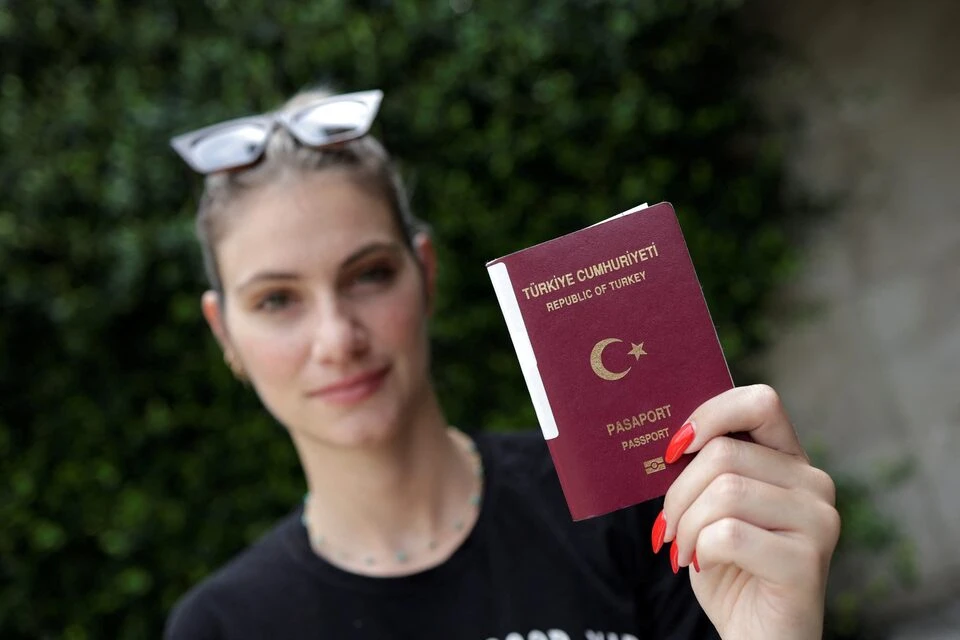Unrest sweeps across UK as far-right protesters clash with police
 A protester throws a can of cider towards counter-protesters in Bristol, southern England, on August 3, 2024. (AFP Photo)
A protester throws a can of cider towards counter-protesters in Bristol, southern England, on August 3, 2024. (AFP Photo)
In an alarming surge of violence, far-right protesters clashed with British police on Saturday, sparked by disinformation surrounding a tragic mass stabbing that claimed the lives of three young girls. The unrest, which has led to numerous arrests and heightened tensions within Britain’s Muslim community, is posing a significant early challenge to Prime Minister Keir Starmer’s new Labour government.
The turmoil erupted in several cities, including Liverpool, Manchester, and Hull, where demonstrators hurled chairs, flares, and bricks at officers. Merseyside Police confirmed multiple injuries among their ranks as they confronted what they described as “serious disorder” in Liverpool’s city center. The BBC reported that protesters also targeted a hotel in Hull, used to house migrants, resulting in the injury of three officers and the arrest of four individuals.
The violence marks the fourth consecutive day of disturbances following Monday’s knife attack in Southport, near Liverpool. The attack, which occurred at a Taylor Swift-themed dance party, left three girls—Bebe King, six, Elsie Dot Stancombe, seven, and Alice Dasilva Aguiar, nine—dead and ten others injured. The suspect, 17-year-old Axel Rudakubana, faces multiple charges of murder and attempted murder.
False rumors on social media about Rudakubana’s background have fueled the unrest, leading to clashes in cities like Belfast, Leeds, Nottingham, and Bristol. In Belfast, fireworks were thrown during tense exchanges between an anti-Islam group and an anti-racism rally, while in Leeds, around 150 people chanted nationalist slogans against counter-protesters.
Prime Minister Starmer has condemned the violence, accusing agitators of exploiting national grief to incite hatred. He pledged robust legal action against those involved, stating, “There is no excuse for the violence.” Following consultations with senior ministers, Starmer reiterated his support for police efforts to maintain public safety.
The unrest has drawn attention to the English Defence League (EDL), an anti-Islam organization with links to football hooliganism. Supporters of the EDL have been implicated in the violence, which included an attack on a mosque in Southport, prompting increased security measures at Muslim places of worship nationwide.
The northern cities of Hartlepool and Manchester, as well as London, also experienced disturbances. In Sunderland, a riot led to ten arrests, injuries to four officers, and significant property damage, including the torching of a police station and an attack on a mosque. Northumbria Police Chief Superintendent Mark Hall condemned the actions as “unforgivable violence and disorder.”
Anti-racism groups, such as Hope Not Hate, have identified over 30 events planned for the weekend, many advertised on far-right social media as anti-immigration rallies. These events have been met with numerous counter-protests from anti-fascism groups. In London, pro-Palestinian demonstrators continued their march despite the concurrent anti-immigration protest, with one participant, 24-year-old student Meraaj Harun, expressing defiance: “My parents told me not to come today but I am from here. The UK is my home.”
In response to the escalating unrest, Starmer has announced new measures, including the sharing of intelligence, wider deployment of facial-recognition technology, and criminal behavior orders to restrict the movement of troublemakers. Labour politicians have accused Nigel Farage, leader of the Reform UK party, of exacerbating the situation. Farage’s party secured 14 percent of the vote in last month’s election, marking one of the largest vote shares for a far-right party in British history.



